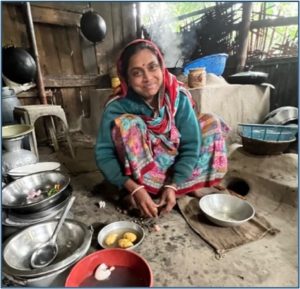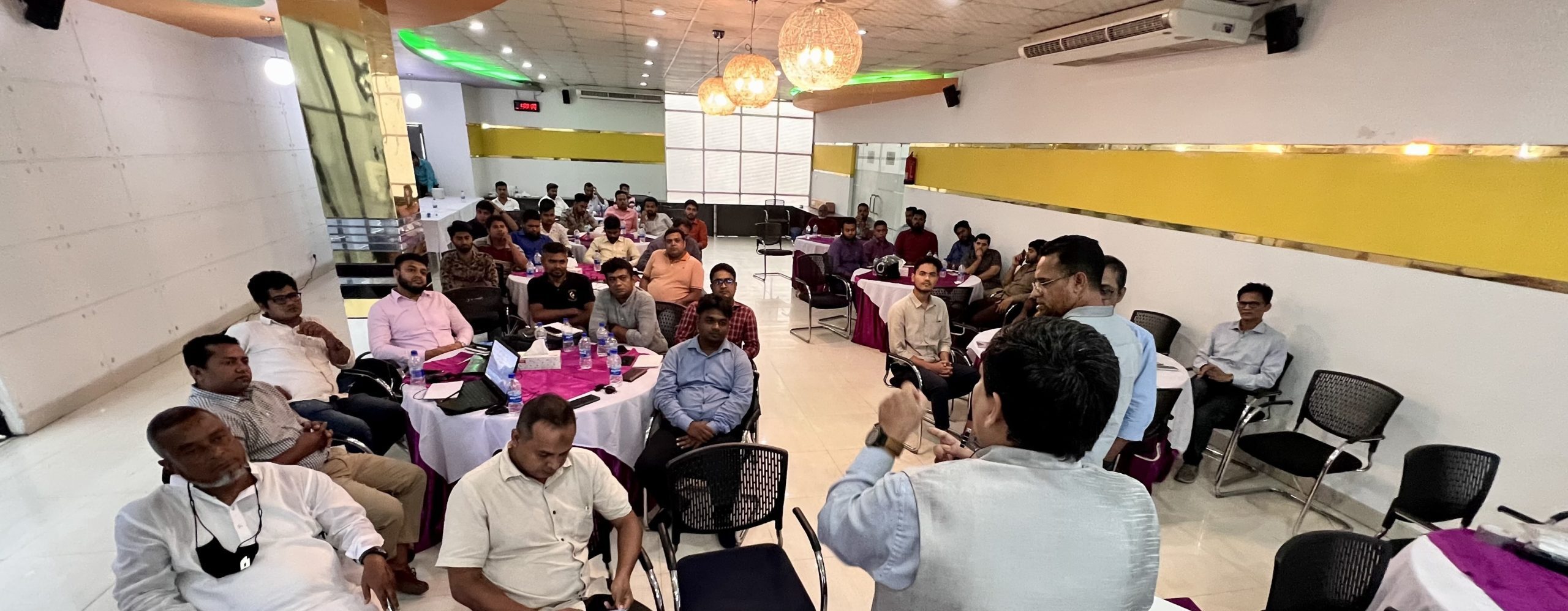Sundarbans EcoGuide Training
The BECA team will conduct its first in a series of EcoGuide workforce training programs starting in August 2023. The first cohort is prepared for Tour Operators Association of the Sundarbans (TOAS) members and their guiding staff. BECA will also be training periphery village EcoGuides and boat operators later in the year.
In this program, guides will be exposed to content that they have rarely if ever seen; training content that Solimar International has successfully implemented around the world with hundreds of naturalist guides. The training is based on an innovative, proven guide training approach replicated in 15 countries over the past 20 years including Asia, Africa, and Latin America and covers critical, relevant and practical knowledge that guides will use day-to-day while managing visitors in the SRF.
Interpretive guides act as community and conservation ambassadors to outside visitors, and are the foundation upon which most experiential and authentic tourism products are built. The Sundarbans EcoGuide training includes:
- Pre- and Post- assessments
- 3 days of classroom learning and a one day field trip to Karamjal Ecotourism Center
- Natural and cultural history of the Sundarbans ecosystems and region, including climate change considerations and abiotic factors
- SRF Institutions, organizations, tourism rules and regulations
- Tour experience design, interpretive techniques and guiding best practices
- Visitor management, behavior and awareness education regarding sustainability, conservation and responsible tourism
- Emergency planning and scenarios
- Basic first-aid
- An official certificate of completion, recognized by the BFD, BTB, the Greater Sundarbans DMO, and BECA
Community-Based Tourism Training
One of the greatest challenges facing community-based tourism destinations in the Sundarbans periphery villages is a lack of holistic and practical skills to be successful in the tourism industry. The Workforce and Development Training action will address this need.

CBT Operations & Management
CBT enterprise managers need to learn every aspect of managing the day-to-day operations of a small tourism business. From accounting procedures to conflict resolution to basic customer service. Specific tourism operations and management training needs in the Sundarbans include:
- Financial planning (e.g. tourism product costing and pricing (direct costs/revenue), estimating start-up costs, and developing an annual operating budget (indirect costs/revenue))
Financial management procedures - Human resources, including developing staff job descriptions and evaluating performance
- Trip procedures, including managing reservations and sales, terms and conditions (i.e. payment/cancellation policies), developing pre-departure information/FAQs/trip briefings, client information forms, liability waivers/release forms, risk management and emergency planning, using checklists before, during and after a tour, and guest feedback/evaluation forms
CBT Enterprise Training
CBT enterprises often take one of two forms: family-based businesses or larger communal business structures. Selecting which one depends on factors such as community cohesion and governance, as well as the project’s overarching goals. Communal business structures such as cooperatives or associations are often better positioned to support social objectives like community development (i.e. health, education, etc.) as well as biodiversity conservation. In these cases, community groups often require training in how to effectively work together to manage and grow a tourism business, from establishing internal bylaws and collective decision-making mechanisms to deciding how to distribute and reinvest enterprise profits.


CBT Services Training
Although the periphery village eco-cottages provide critical accommodations for visitors to the Sundarbans, each CBT destination also needs to provide ancillary tourism services such as food and transportation services, in addition to accommodations. Specific CBT services trainings needs in the Sundarbans include:
- Food services training: menu design, costing and pricing, hygienic food preparation, dining rooms and table settings, best practices in food service, food service job descriptions, and emergency planning and scenarios
- Accommodation services training: room design, housekeeping, grounds keeping, best practices in lodging services, lodging services job descriptions, and lodging signage and lighting
- Transportation services training: boat and vehicle transportation services, best practices in transportation services, and transportation service job descriptions

